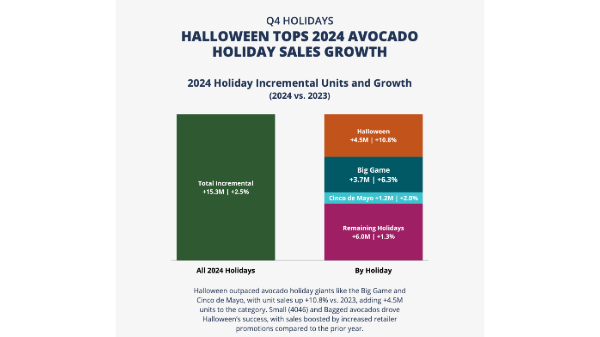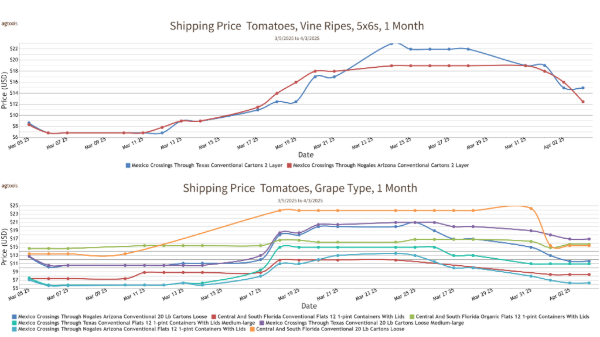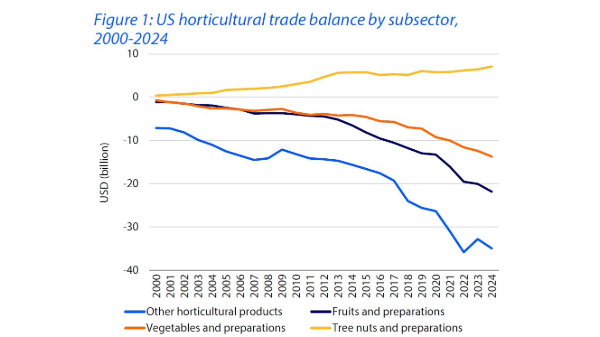Welcome to Blue Book!
Are you ready to join the thousands of companies who rely on Blue Book to drive smarter decisions? View our plans and get started today!
Still have questions? We’d love to show you what Blue Book can do for you. Drop us a line– we’ve been waiting for you.
Avoiding & Resolving Problems
As with any supply chain activity, the transportation of fresh produce involves risks of product degradation, delivery delays, and other disruptions. The issue is how to alleviate these risks and minimize impact when they occur.
Hunt recommends working with reputable and well-capitalized brokers to reduce the risk of nonpayment. He and the other experts stress the importance of validating credentials through industry trade associations and rating agencies like Blue Book Services, Inc. “There are about 100 brokers with a $250,000 surety bond, far more than the Federal Motor Carrier Safety Administration requires,” notes Turner. “When an issue arises, they’re able to handle it.”
Maguire concurs: “A reputable broker will help manage the process in the event of a claim, deal with their carrier partner’s insurance company, and help mitigate financial risk.” Further, due to the financial landscape, less stable brokers or carriers could go out of business, leaving a claim unresolved.
Turner suggests using brokers that perform extensive research on carriers. “Use brokers with strong standard operating procedures for carrier qualification. We actively qualify carriers all the time, regularly reverify insurance, and monitor credentials.”
Clarifying shipment requirements will also avoid problems, according to Stoiber: “We go through an exhaustive dispatch protocol that tells carriers exactly, in unequivocal terms, what the shipper expects and what we expect in terms of performance on the load.”
Maguire adds the importance of sharing accessorial guidelines to avoid misunderstandings about detention payments, lumper fees, and other expenses. Verifying load coverage 12 to 24 hours in advance of pickup by a quality carrier will promote timely dispatch and arrival.
Preparing for trouble
In the event of a transportation mishap, it is beneficial to have standardized protocols and rules in place. Resources like the North American Produce Transportation Working Group’s “Produce Transportation Best Practices” and Blue Book’s own Transportation Guidelines provide techniques, checklists, best practices, and rules applicable to the transportation of fresh fruit and vegetables. This information can also be used to assist with dispute investigation and resolution.
Accurate information and well-timed communication are also essential to limiting damage and recovery time. Doug Nelson, vice president of Special Services for Blue Book, identifies timely trouble notices, temperature reports, U.S. Department of Agriculture/Canadian Food Inspection Agency inspections, and detailed accounting as fundamental to solving transportation problems.
Finally, an effective problem resolution process to uncover the root cause of transportation problems is essential to reducing recovery time and minimizing impacts. Turner warns against immediately assigning blame to the carrier. Instead, efforts must be made to identify the true causes of a problem and work collaboratively to eliminate it. This will help to avoid future disruptions.
Summary
Fresh produce transportation is a complex activity that requires specialized knowledge and equipment. Companies with limited expertise should not attempt to manage carriers on their own. The smarter option is to leverage the expertise of transportation brokers who have the technological resources and carrier network to coordinate hundreds of loads each day.
A well planned and well-executed broker relationship will provide effective, cost-efficient transportation service and minimize delivery problems. Stoiber accurately concludes: “Transportation is what brokers do 24/7. We are better at it, faster at it, and have a larger pool of qualified carriers. In turn, we give produce companies more time to do what they do best: grow, pack, and sell produce.”








